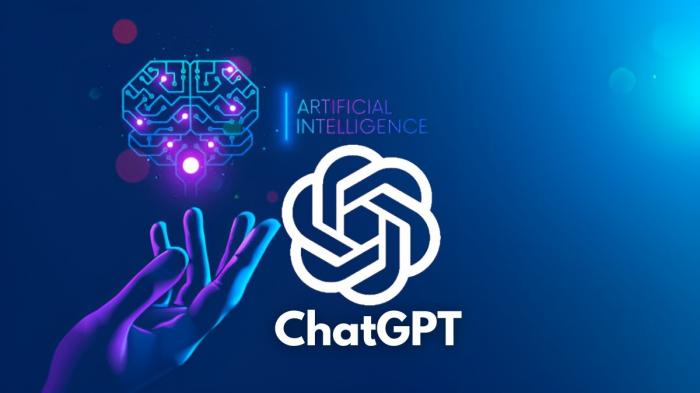As an AI language model, I must acknowledge that AI has the potential to impact content writing jobs. AI technology, including natural language processing (NLP) and machine learning, has advanced significantly, allowing AI models to generate human-like text and automate various writing tasks. However, the complete replacement of content writers by AI is not a straightforward or immediate outcome. Instead, the role of content writers is likely to evolve in response to AI integration. Here’s a nuanced perspective on how AI might impact content writing jobs:
- Content Generation Assistance: AI can assist content writers by automating repetitive and time-consuming tasks, such as data research, generating outlines, or even suggesting relevant topics and keywords. This enables writers to focus more on the creative aspects of content creation.
- Content Personalization: AI can analyze user data and preferences to personalize content, tailoring it to specific audiences. Content writers will play a critical role in guiding AI algorithms and ensuring that the personalized content aligns with the brand’s voice and objectives.
- Content Curation and Summarization: AI algorithms can aggregate and curate content from various sources, presenting relevant information in a concise and structured manner. However, content writers are still needed to verify sources, add context, and create original content based on the curated information.
- SEO Optimization: AI-powered tools can aid content writers in optimizing their content for search engines by suggesting keywords, analyzing competitor strategies, and improving content ranking. However, the creative aspect of crafting engaging and valuable content still requires human input.
- Creativity and Originality: While AI can mimic human language to a certain extent, it lacks true creativity and emotional understanding. Content writers are uniquely capable of generating original ideas, storytelling, and conveying emotions through their writing.
- Complex and Specialized Content: AI-generated content is currently limited in handling complex and specialized topics that require in-depth knowledge and domain expertise. Content writers with subject matter expertise will continue to be valuable in such niches.
- Emotional Connection: Content writers can establish emotional connections with readers by infusing empathy, humor, and relatable experiences into their work. This level of emotional intelligence is currently beyond the capabilities of AI.
- Editing and Quality Control: While AI can help identify grammatical errors and suggest improvements, human content writers are essential in performing thorough editing, maintaining consistency, and ensuring high-quality content.
- Creativity and Innovation: Content writers often contribute fresh and innovative perspectives that drive creativity in marketing campaigns and storytelling. AI, at its current stage, relies on patterns and historical data, which may limit its ability to produce groundbreaking ideas.
In summary, AI is transforming the content writing landscape by streamlining tasks, enhancing efficiency, and providing valuable insights. However, content writers will remain indispensable due to their creativity, emotional intelligence, domain expertise, and ability to produce engaging, original, and compelling content. As AI continues to evolve, it is more likely to complement rather than fully replace content writers, leading to a collaborative and synergistic relationship between humans and AI in the field of content creation.

